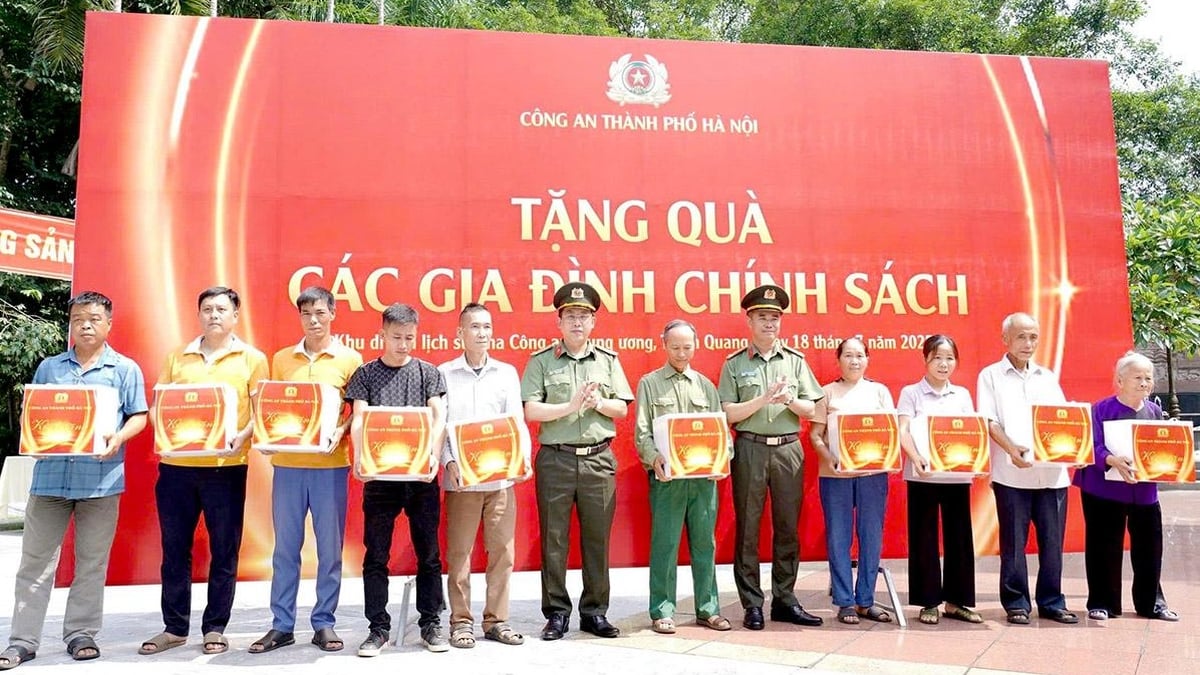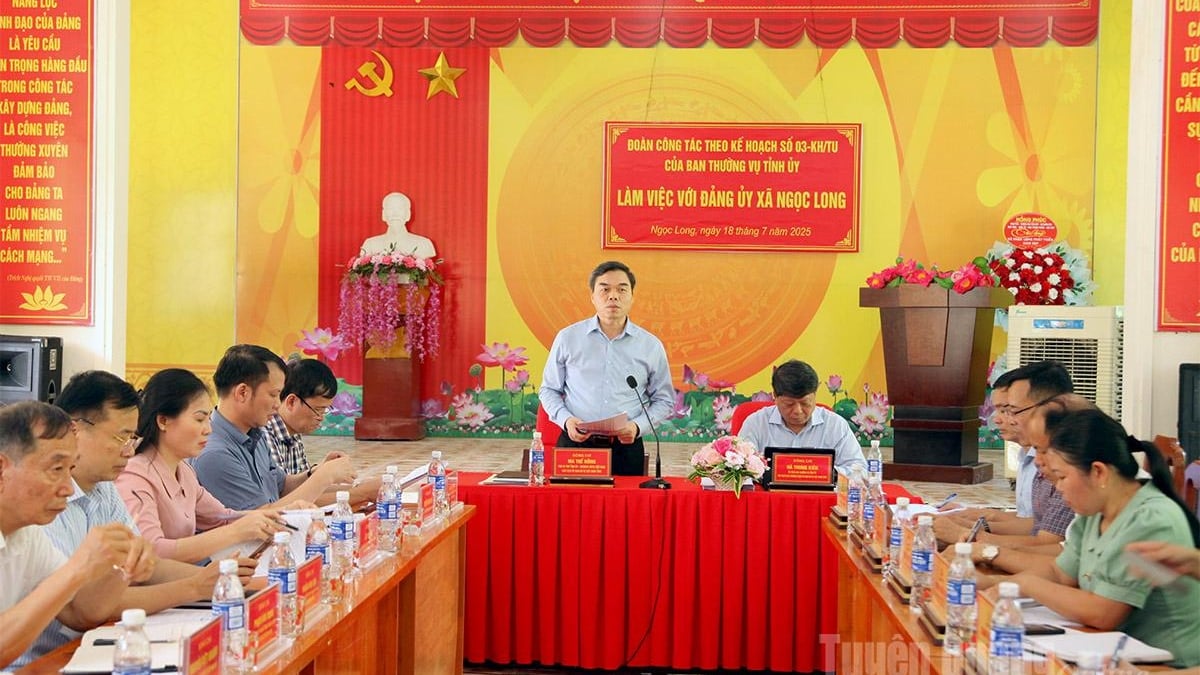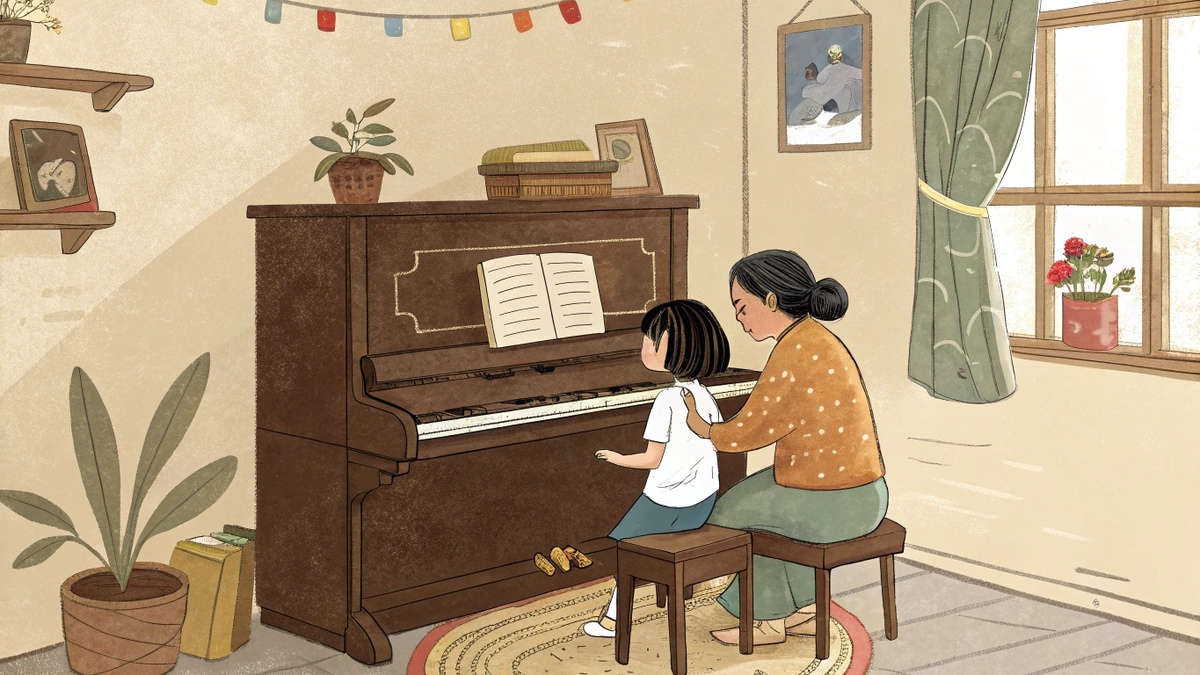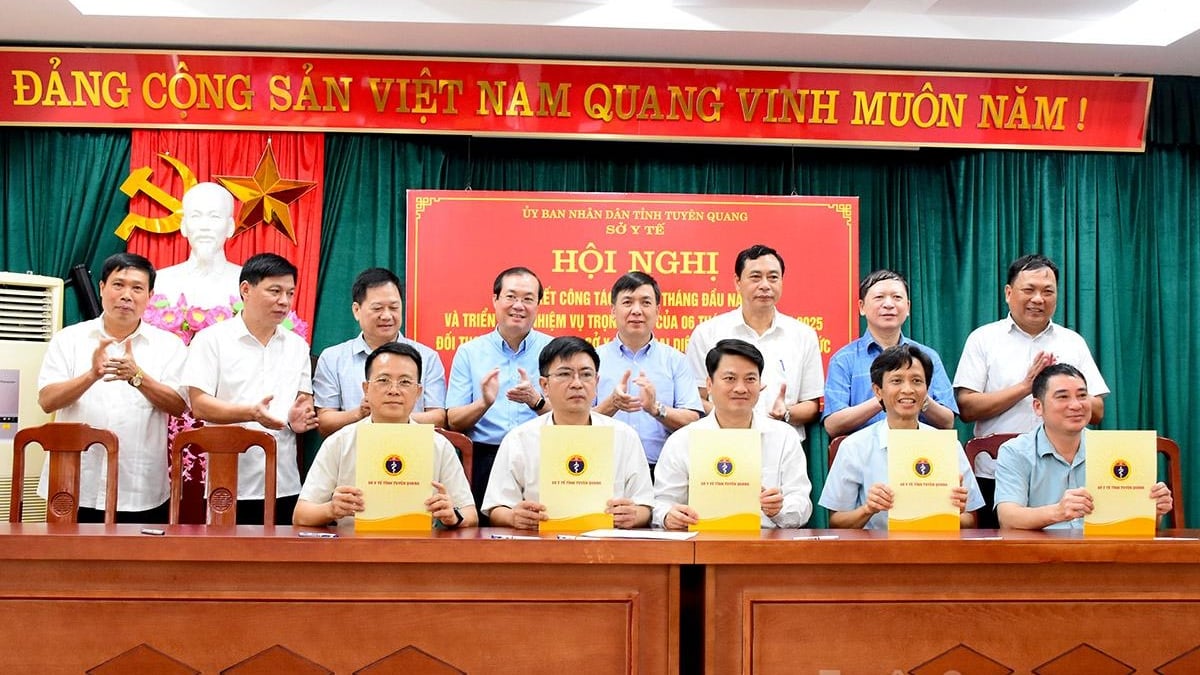The Japanese government plans to require mandatory recycling of solar panels (SP). This is an effort to prepare for a scenario where a large number of SP will expire by 2030, affecting the environment.
According to the Japan Times, the number of solar panels in Japan began to increase in the late 2010s, but many of them will reach the end of their useful lives in the 2030s, which could lead to mass disposal. To prepare for this scenario, the government will require companies and others to recycle solar panels to reduce their environmental impact, the sources said. The government is also considering imposing penalties on those who dump solar panels without recycling them, the sources said. Later this month, the Ministry of Economy , Trade and Industry and the Ministry of the Environment will set up a task force to develop specific methods for recycling solar panels and compile a package of support measures, including financial support, as early as the end of this year. The group will submit a related bill to the Diet's regular session next year.
Currently, recycling of solar panels is not mandatory and many panels are sent to landfills. The most common type of solar panel, with silicon photovoltaic cells, contains lead and some panels contain other toxic materials such as cadmium. Since solar panels have a lifespan of 20-30 years, their disposal has not had a significant impact on the environment to date. However, it is estimated that more than 170,000 tonnes of solar panels will be disposed of by the late 2030s. Without appropriate systems, the disposal of this waste could have a major impact on the environment. Materials recovered from used solar panels such as glass and silicon can be reused.
In addition to requiring the recycling of SPs, Tokyo will also promote the use of perovskite photovoltaic cells (PSCs), which were invented in the country. PSCs are light, thin and foldable, allowing them to be mounted on the walls of buildings and car roofs. However, PSCs have a shorter lifespan than solar panels, about 10 years. That has prompted the government to consider subsidies to cover some of the recycling costs, as the government aims to promote a recycling system for PSCs.
VIET LE
Source: https://www.sggp.org.vn/chien-luoc-tai-che-tam-pin-mat-troi-post757240.html






























































































![[Infographic] In 2025, 47 products will achieve national OCOP](https://vphoto.vietnam.vn/thumb/402x226/vietnam/resource/IMAGE/2025/7/16/5d672398b0744db3ab920e05db8e5b7d)





Comment (0)